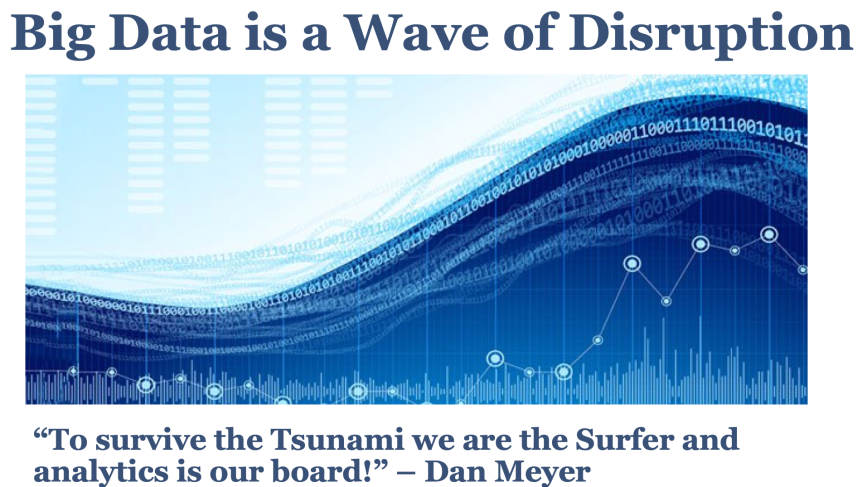I came across this article recently that really hit home.
The gist of the article was how people who are driven, passionate and successful are often alone.
There have definitely been times over the last decade that I have been my own boss that I’ve felt alone.
However, most of the time I’m not alone. I have always worked hard to surrounded myself with people who get what it meas to be successful. Ones with a great work ethic, have a vision and possess integrity.
So when I read the article, which the above quote is a paraphrase of, I felt the need to share it and explain what it means to me.
We are “diamonds in the rough”. This really says a lot. We are rare, we are valuable and we often take a while to turn from common to priceless.
I love the keywords, “honest”, “reliable” and “forward thinking”.
It never ceases to amaze me about how many people do business dishonestly. Its a small minority, but some days it seems like I attract more than my fair share who are trying to sell something that is not what they promise. Overtime honesty is the best policy, you can’t sustain success if you are constantly overpromising and under delivering.
Reliability goes hand in hand with honesty, but often being reliable can take a back seat when you are overwhelmed. When you set up an offer and you don’t have the ability to meet that demands of that offer over time you are going to lose credibility with your clients and they are going to go some where else.
To be in business in 2020 and not be forward thinking is an oxymoron. With the constant evolution in technology it has never been easier to grow a business. Social media, artificial intelligence, chatbots, smartphones… you have to wonder what’s coming next. And when you do find what is coming next, you have to jump on it. Small businesses around the world are being killed by the technology gap between them and their big tech titan competitors.
So this leads me back to the central theme of joining masterminds and surrounding yourself with people who are honest, reliable and forward thinking.
As we are now 20 years into the information age, masterminds are still the best way to meet the challenge of being alone. Digital ones work too.

Daniel Meyer heads Sonic Analytics, an analytics firm with offices in Manila, the San Francisco Bay Area and Ocala, FL. With over 20 years in Big Data, Dan is one of the most sought-after public speakers in Asia and offers big data coaching and analytics training seminars on both sides of the Pacific. Dan has also recently joined the Powerteam International family as a small business analytics resource speaker.
Sonic Analytics(www.sonicanalytics.com) brings big data analytics solutions like business intelligence, business dashboards and data storytelling to small and medium sized organizations looking to enhance their data-driven decision-making capabilities. We also advocate the use of analytics for civic responsibility through training, consulting and education.
As citizens of this great democracy, we need to look at the data (analytics), plan a course of action (strategy) and share our data-driven viewpoints (presentation). This approach to a data savvy work force starts in school. So, we started an internship program to empower our youth to use Analytics, plan Strategy and Present their insights… ASP!
When not training current and future analysts, you can find Dan championing the use of analytics to empower data-driven citizenship by volunteering his expertise with schools and non-profits dedicated to evidence-based social progress like Saint Leo University’s Women in STEAM 2020 Conference.





















